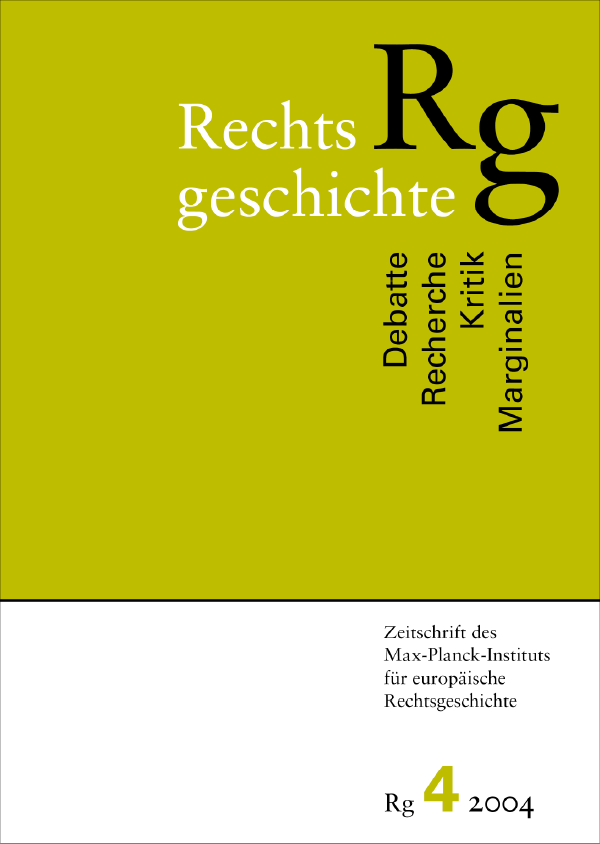Claiming for History: An American Hard Case
DOI:
https://doi.org/10.12946/rg04/028-037Abstract
The essay attempts an experiment in method for constitutional history. If Constitutions of the Americas are read and construed in a positive way as present instruments, one misses both past and current legal meanings. You really miss law in force. History is embedded in constitutional texts. Here, in this essay, illustration is twofold: grant of religious freedom on the one hand and state power over archaeological sites on the other. Rather illustration is unique, as far as the latter may establish the means to deprive indigenous peoples of their religious shrines, provided that their religions are not constitutionally deemed human cultures, but inhuman superstitions. No need to guess. Constitutional takeoff is telling. Even the plainest textual sequence makes the close link between state empowerment and indigenous deprivation apparent. To be sure, indigenous peoples are mentioned by constitutions, yet as wards to be protected rather than subjects entitled to freedom. History always helps to know what is still hidden in living law or not so hidden if all the not-so-dead past is taken into account.
Downloads
Veröffentlicht
Zitationsvorschlag
Ausgabe
Rubrik
Lizenz
Copyright (c) 2004 Autor/in

Dieses Werk steht unter einer Creative Commons Namensnennung - Nicht-kommerziell - Keine Bearbeitung 3.0 International -Lizenz.





